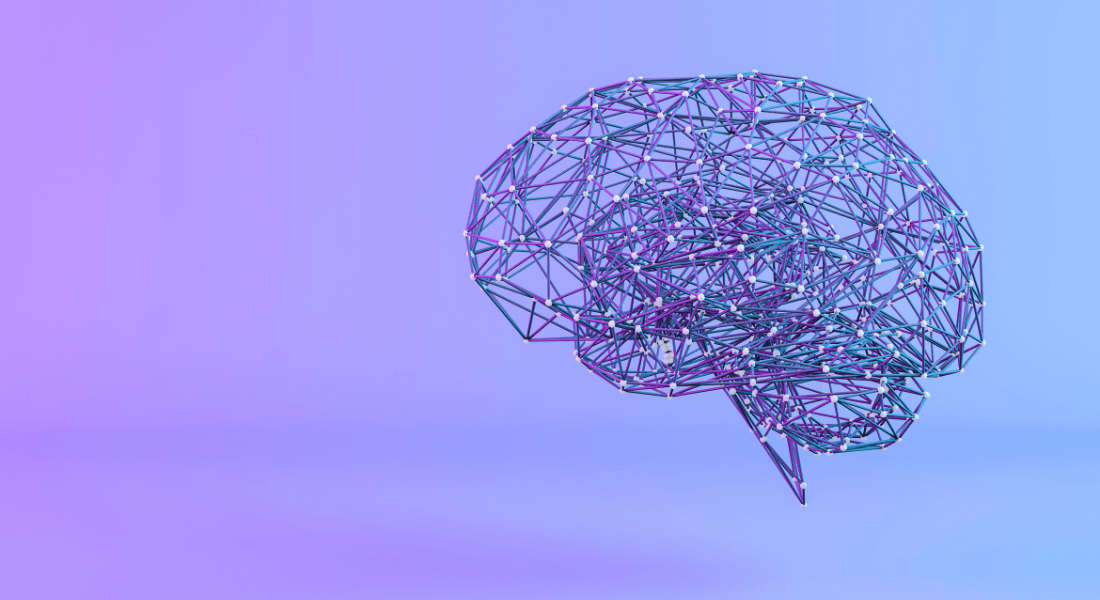Previously mysterious part of the brain influences sleep, movement and behaviour
The so-called extracellular space in the brain is unknown to most. Now, a new study suggests that the extracellular space may affect our sleep, motor function and behaviour.

The brain contains billions of nerve cells controlling our thoughts, behaviour and movements.
But in fact, up to 20 per cent of the brain is a mystery to scientists. This is the so-called extracellular space, that is, the environment that surrounds every brain cell.
A new study by Postdoc Andrea Grostøl Dietz and her colleagues from Professor Maiken Nedergaard’s lab at the Center for Translational Neuromedicine may provide new insight into the extracellular space.
They have studied the impact of minor changes to the brain’s natural potassium level on brain activity in mice.
“Our results show that a lot of small changes to the potassium level of the extracellular space may greatly affect the release of the transmitter substances in the brain known as neuromodulators, e.g. dopamine. Neuromodulators play a key role in controlling functions such as behaviour, attention, our sleep cycle and much more. It also greatly affected the sleep and behaviour of our mice,” says Andrea Grostøl Dietz.
When the researchers decreased the level of potassium in the brain, the mice slept more (an increase of 25 per cent), reduced their level of activity and experienced poor coordination.
“But when we increased the level of potassium, we saw a higher degree of activity and improved coordination. So, changing the potassium level in the extracellular space, even if it is only a little, results in significant changes in activity in the brain. Today, research attention to the extracellular space is limited. But our study shows that we should increase focus on this section of the brain,” Andrea Grostøl Dietz stresses.
May lead to improved treatment for mental health disorders
Even though the study does not focus specifically on mental health disorders, Andrea Grostøl Dietz hopes that increased understanding of potassium and the extracellular space will lead to greater insight into mental health disorders.
“To understand mental health disorders like schizophrenia, scientists have mainly focussed on brain cells and the electrical signals they produce,” she says.
Even though much research has been invested in the area, Andrea Grostøl Dietz notes that we still have imperfect knowledge of the disease and how to treat it.
“We may have to consider the entire brain, including the extracellular space, to really understand what triggers this disease,” she says.
She points out that we do know that the potassium level is affected in patients suffering from mental health disorders. Therefore, it makes sense to explore whether a better potassium balance may be used in treatment for mental health disorders.
“However, people with sleep disorders and diseases like epilepsy also show a change in potassium level. There is still a long way to go before we can conclude whether and, if so, how the potassium level may be used in treatment for mental health disorders, but our study suggests that it is something we should be looking into.”
You can read "Local extracellular K+ in cortex regulates norepinephrine levels, network state, and behavioral output" in PNAS.
Contact
Journalist and press consultant
liva.polack@sund.ku.dk
+45 35 32 54 64
Postdoc Andrea Grostøl Dietz
andrea.dietz@sund.ku.dk
